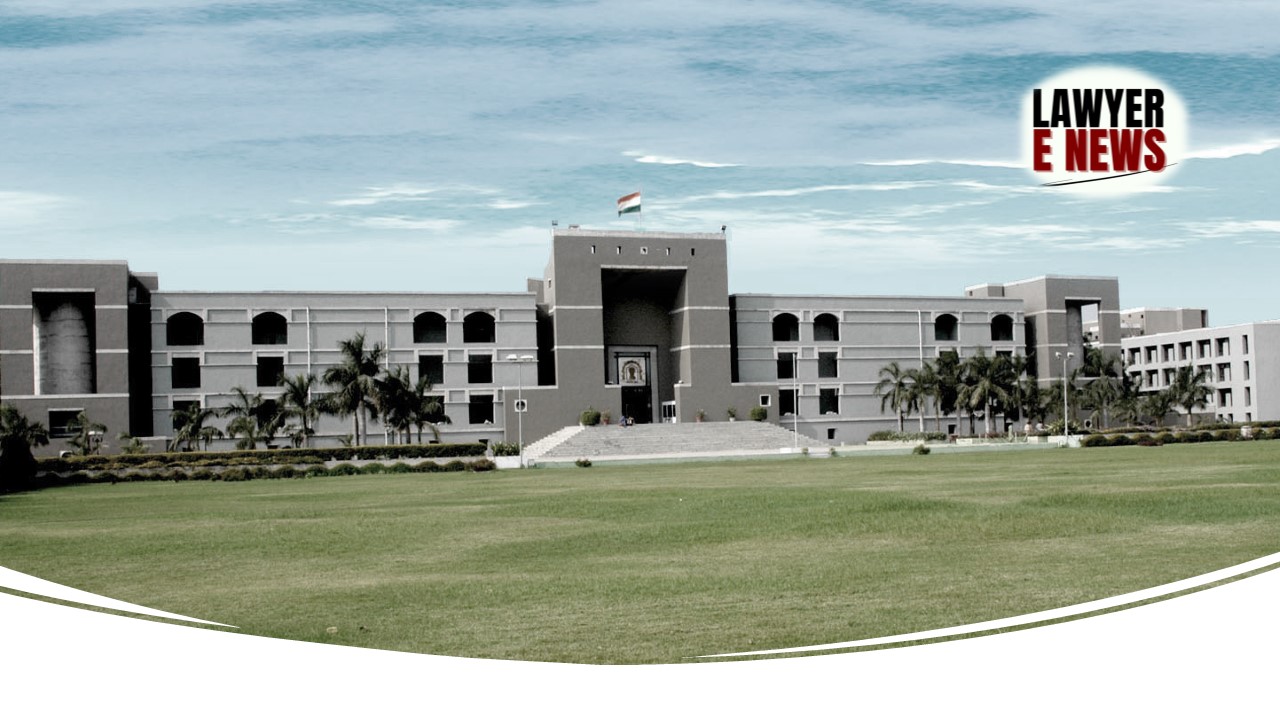-
by sayum
14 February 2026 2:22 PM



Gujarat High Court in State of Gujarat vs. Maheshkumar Laxmanbhai Gamit, upheld the acquittal of the accused, Maheshkumar Laxmanbhai Gamit, dismissing the state's appeal. The case revolved around charges of corruption under the Prevention of Corruption Act, 1988, for which the accused had been acquitted by the 5th Additional District and Sessions Judge, Surat, on February 26, 2010. The Gujarat High Court confirmed the lower court’s decision, emphasizing the lack of conclusive evidence for the illegal demand and acceptance of bribes by the accused.
In this pivotal judgment, Justice S.V. Pinto reinforced the legal principle that mere acceptance of money does not constitute an offense under the Prevention of Corruption Act without clear proof of prior demand for illegal gratification. The court held that no conclusive evidence was presented by the prosecution to establish the demand made by the accused, which is a sine qua non for conviction under Sections 7, 13(1)(d), and 13(2) of the Prevention of Corruption Act.
The accused, Maheshkumar Laxmanbhai Gamit, was a Clerk at the SRP Group 11 Headquarters in Surat. The case began when the complainant, Suresh Bhaskar Borse, a cook working at the SRP Lines, alleged that Gamit demanded a bribe of ₹200 to expedite his salary process after he had returned from suspension following a case of liquor consumption.
Following the complaint, a trap was set by the Anti-Corruption Bureau (ACB), where the tainted money was handed over to the accused. After the trap, Gamit was caught with the money, leading to his prosecution under the Prevention of Corruption Act.
The main legal issue concerned whether the accused had demanded and accepted a bribe. The prosecution had to establish the twin elements of "demand" and "acceptance" for conviction under corruption laws.
Prosecution's Argument: The prosecution argued that Gamit had indeed demanded ₹200 from the complainant to fix his salary and that he was caught accepting the money.
Defense Argument: The defense argued that there was no clear evidence of Gamit making any prior demand for the bribe. The mere recovery of tainted notes without a direct link to the demand was insufficient for a conviction.
Lack of Proof of Demand: The court found that the prosecution had not sufficiently proved that the accused had made a prior demand for the bribe. It emphasized that demand is an essential element in cases of corruption under the Prevention of Corruption Act. The complainant's testimony was inconsistent, and there was no clear record of when or how the alleged demand was made.
Inconsistent Evidence: The court also highlighted discrepancies in the testimony of witnesses, including the complainant and the trap witnesses, regarding the exact circumstances under which the money was exchanged.
Involvement of Other Officers: The complainant had also made serious allegations against other officers, including a Police Sub-Inspector and the Deputy Superintendent of Police, which were not adequately investigated by the prosecution. The court questioned why the investigation did not extend to these officers when they were implicated in the bribe allegations.
The court relied on several key judgments, including the Supreme Court’s ruling in Mallappa & Ors. vs. State of Karnataka, which reiterated the high threshold required to overturn an acquittal. The presumption of innocence is reinforced when an accused is acquitted, and appellate courts must show substantial reasons for reversing such acquittals. The court also referred to the Supreme Court's decision in Neeraj Dutta vs. State (Govt. of N.C.T. of Delhi), which underscored the necessity of proving both demand and acceptance in bribery cases.
The Gujarat High Court concluded that the trial court had thoroughly appreciated the evidence and there was no illegality or perversity in the judgment. The state's appeal was dismissed, and the acquittal of Maheshkumar Laxmanbhai Gamit was upheld, with the court noting that the prosecution had failed to prove the demand for illegal gratification beyond reasonable doubt.
Date of Decision: September 9, 2024
